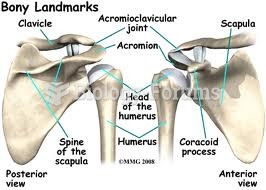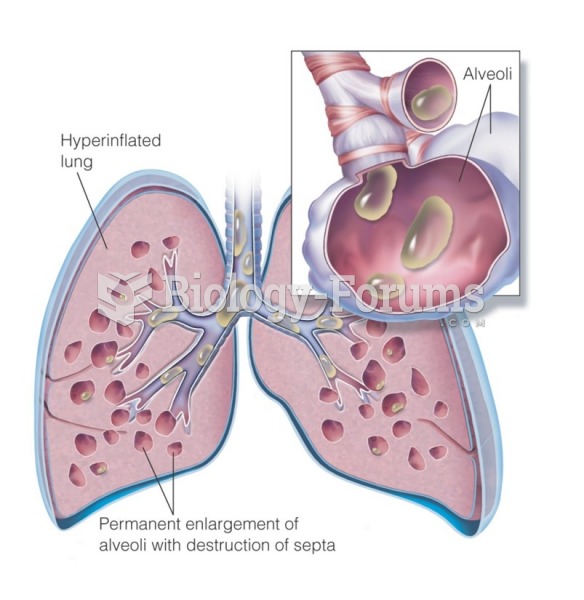|
|
|
Most women experience menopause in their 50s. However, in 1994, an Italian woman gave birth to a baby boy when she was 61 years old.
There can actually be a 25-hour time difference between certain locations in the world. The International Date Line passes between the islands of Samoa and American Samoa. It is not a straight line, but "zig-zags" around various island chains. Therefore, Samoa and nearby islands have one date, while American Samoa and nearby islands are one day behind. Daylight saving time is used in some islands, but not in others—further shifting the hours out of sync with natural time.
The first oncogene was discovered in 1970 and was termed SRC (pronounced "SARK").
The first documented use of surgical anesthesia in the United States was in Connecticut in 1844.
Blood is approximately twice as thick as water because of the cells and other components found in it.







